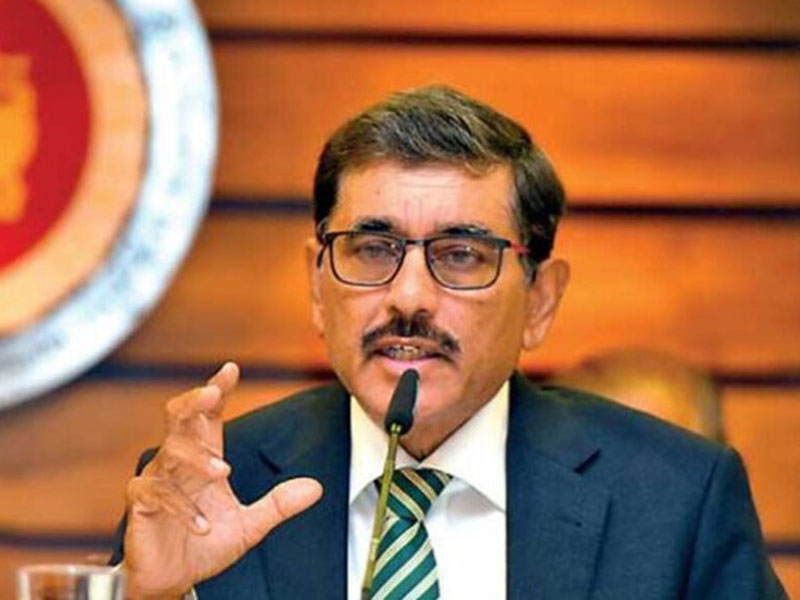Central Bank Governor Nandalal Weerasinghe has cautioned against the removal of Sri Lanka’s parate execution powers and the tightening of loan recovery processes, stating that such changes would pose challenges for small and medium enterprises (SMEs) seeking loans from banks. Weerasinghe argued that without adequate recovery mechanisms, banks would be hesitant to lend to SMEs, potentially affecting depositors and the overall financial system.
Weerasinghe responded to Justice Minister Wijedasa Rajapaksa’s assertion that ‘parate execution’ provisions, rooted in Roman-Dutche law, are outdated and unique to Sri Lanka. Weerasinghe countered that debt recovery laws exist in other countries.
“The term may be archaic, but other countries have debt recovery laws as well, even advanced economies. There are stronger methods employed around the world, in India and Pakistan,” Weerasinghe said.
Sajith Premadasa has urged the government to temporarily suspend:
Around 13 percent of loans from Sri Lanka’s banks are in default following a currency crisis. Opposition leader Sajith Premadasa has urged the government to temporarily suspend the operation of parate laws, acknowledging the challenges faced by SMEs due to factors such as the COVID-19 pandemic, Easter Sunday terror attacks, and economic struggles. Premadasa highlighted that over 50% of the country’s GDP comes from SMEs and called for a short-term halt to parate laws to allow these enterprises to recover.
Premadasa criticized the use of parate laws to seize properties of SMEs while certain privileged individuals evade settling their debts without consequences. He demanded that the government disclose a list of private individuals and companies who have defaulted on significant loans from the Bank of Ceylon and People’s Bank. While recognizing the need to support banks for stabilization, Premadasa insisted on temporarily suspending parate laws and focusing attention on large-scale businessmen who have defaulted on loans







